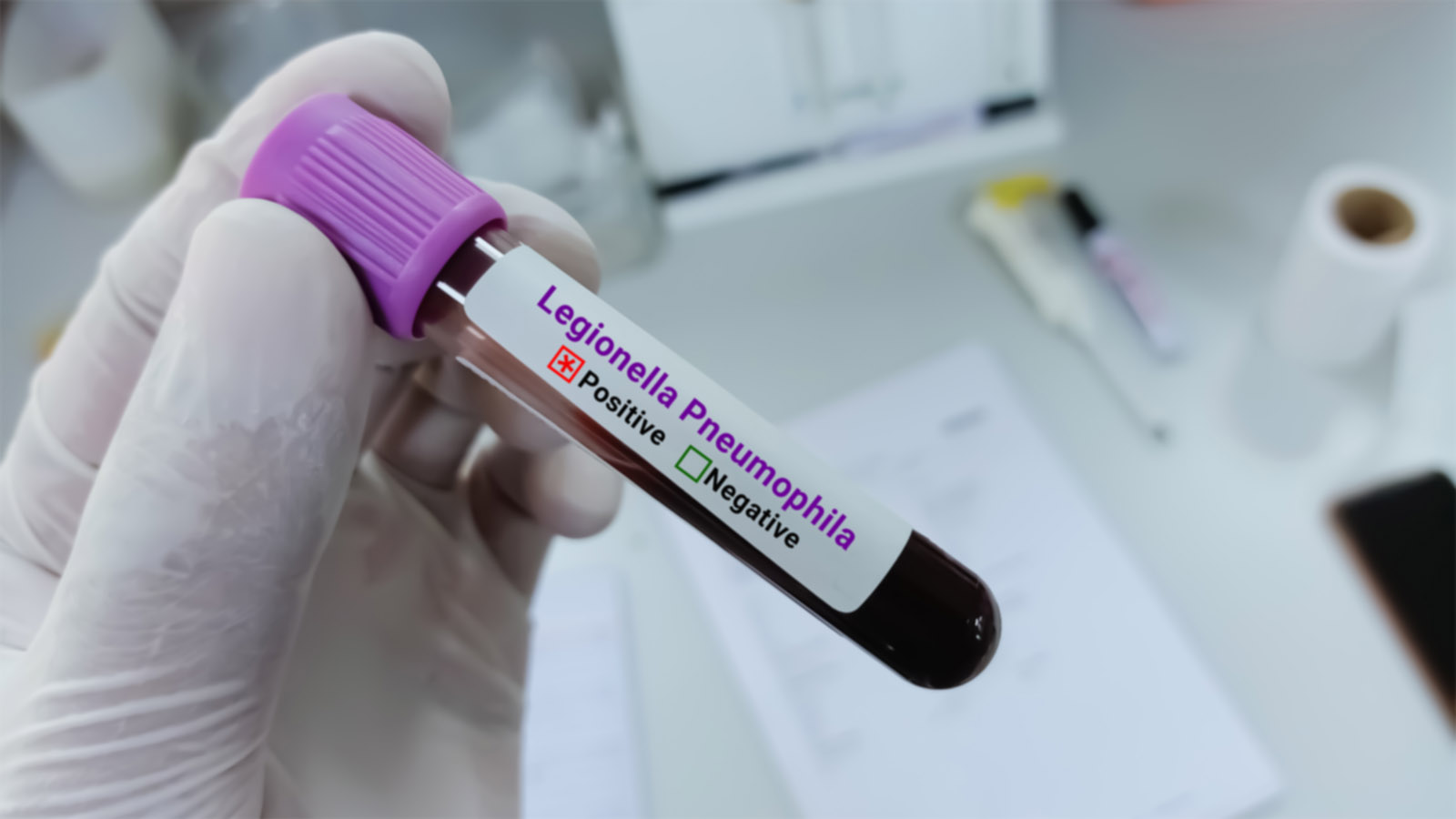Incredible AI Technology Restores a Mother's Voice After 25 Years!

Imagine losing your voice and never being able to speak again, but then, decades later, technology gives it back to you! This is the miraculous story of Sarah Ezekiel, a British artist, who regained her voice through artificial intelligence after 25 long years of silence.
At just 34, Sarah’s life took a dramatic turn when she was diagnosed with motor neurone disease (MND) while pregnant with her second child. This debilitating condition wreaks havoc on the nervous system, leading to a heartbreaking loss of speech and muscle control. Suddenly, the vibrant artist found herself on a challenging journey—one that would forever change her family’s dynamic.
As Sarah battled her condition, she found ways to communicate through technology, yet the voice she used didn’t belong to her; it was a robotic sound that was devoid of the warmth and personality she once had. For her two children, Aviva and Eric, they grew up without ever knowing the sound of their mother’s true voice. Can you imagine how strange that must be?
Fast forward to recent breakthroughs in AI technology. Experts like Simon Poole from Smartbox have been pushing the boundaries of what’s possible. They often encourage patients to preserve their voice before they lose it entirely, but in Sarah’s case, she was left with only an eight-second snippet of her voice from a 1990s home video. A weak, muffled clip drowned in background noise seemed like a poor substitute for the rich vocal tapestry she once had.
But hope was not lost! Poole and his team turned to advanced AI technology developed by ElevenLabs in New York. This technology is so sophisticated that it can create a digital version of a person’s voice from minimal audio input and make it sound incredibly human. With a little bit of magic, they managed to isolate Sarah’s voice from that nearly inaudible recording and restore it to its former glory, complete with her London accent and the lisp she once disliked.
The moment Sarah heard it, emotions flooded in. Her reaction was one of pure joy; she described it as getting her voice back, a voice that was truly hers. She even had the opportunity to share the restored audio with a friend from her past, and the overwhelming connection reignited memories and emotions long thought lost.
For the approximately 80% of MND sufferers who face voice difficulties, this breakthrough offers more than just communication; it’s a restoration of identity. Poole emphasizes the importance of retaining one’s unique voice, particularly for those who acquire their condition later in life. This isn’t just about speaking; it’s about preserving who you are. Thanks to modern AI, Sarah Ezekiel's story serves as a heartwarming reminder that technology can bridge the gap between loss and recovery, bringing voices back to life!



























